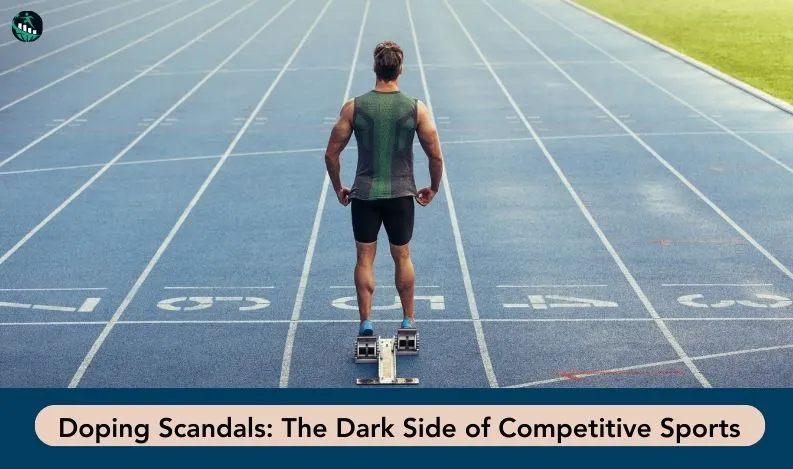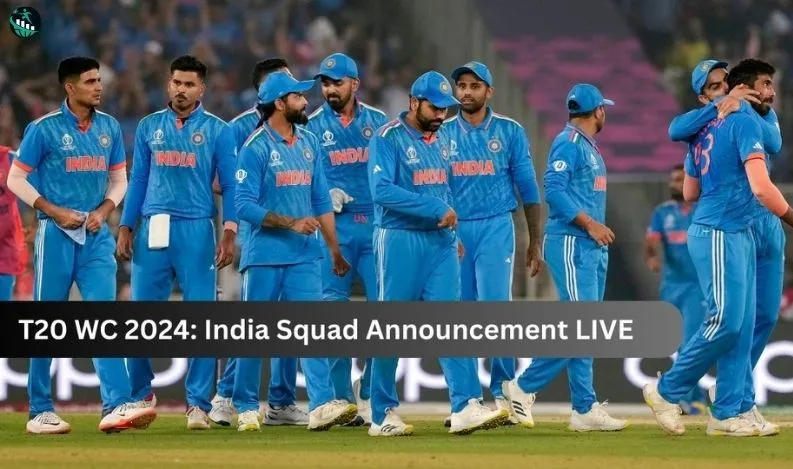
Doping Scandals: The Dark Side of Competitive Sports
In the world of competitive sports, where the pursuit of excellence knows no bounds, the shadow of doping scandals looms large, revealing a complex interplay of ethics, ambition, and the relentless pressure to win. Doping, the use of prohibited substances or methods to enhance performance, is arguably one of the most contentious issues facing the sports community today. It undermines the integrity of sports, jeopardizes the health of athletes, and challenges our collective understanding of fairness and achievement.
The Quest for Glory: A Double-Edged Sword
The drive to excel, to push beyond the limits of human performance, is at the heart of competitive sports. Athletes dedicate their lives to training, often sacrificing personal and financial security for the chance to stand on the podium. This intense pressure to succeed, whether from personal ambition, the expectations of a nation, or the lure of lucrative endorsements, can sometimes lead athletes down the path of performance-enhancing drugs (PEDs).
The Historical Context of Doping
The use of substances to enhance performance is not a new phenomenon. Records dating back to ancient civilizations suggest that athletes used various preparations to gain an edge in competitions. However, the modern era of doping began in the 20th century with the advent of synthetic hormones and drugs. The 1960s and 70s saw an increase in systematic doping programs, most notoriously in the former East Germany, where athletes were often given PEDs without their knowledge or consent.
High-Profile Doping Scandals
The annals of sports history are marred by numerous doping scandals that have shocked fans and tarnished the reputations of athletes and institutions alike. The 1998 Tour de France was overshadowed by widespread use of EPO among cyclists, leading to arrests and reforms in the sport. The BALCO scandal in the early 2000s implicated several high-profile athletes in baseball, athletics, and other sports, revealing a sophisticated network of steroid distribution and use. Perhaps most infamous is the systematic doping program in Russia, culminating in the country's athletics team being banned from international competition, including the Olympics.
The Ripple Effects of Doping Scandals
The impact of doping scandals extends far beyond the athletes involved. Fans are left disillusioned, questioning the legitimacy of the performances they admire. Sponsors and broadcasters face financial and reputational losses, while governing bodies and anti-doping organizations grapple with the challenge of restoring trust in the system. Moreover, the narrative of doping scandals often overshadows the achievements of clean athletes, casting a shadow over their hard-earned victories.
The Health Risks of Doping
Beyond ethical considerations, doping poses significant health risks to athletes. The use of anabolic steroids, EPO, and other banned substances can lead to severe, sometimes irreversible, health problems, including cardiovascular issues, liver damage, and hormonal imbalances. The tragic stories of athletes who suffered long-term health consequences or lost their lives to doping-related complications underscore the dark side of the pursuit of glory.
Combating Doping: A Multifaceted Approach
The fight against doping in sports requires a multifaceted approach, involving strict enforcement of anti-doping regulations, advancements in testing technology, and education for athletes and support personnel. Organizations like the World Anti-Doping Agency (WADA) work to harmonize anti-doping efforts globally, but the constantly evolving nature of doping methods and substances presents an ongoing challenge.
Education plays a critical role in prevention, helping athletes understand not only the risks of doping but also the importance of ethics and integrity in sports. Equally crucial is fostering an environment where success is not measured solely by medals and records but by the dedication, hard work, and fair play of athletes.
The Way Forward: Reclaiming the Spirit of Sports
As the sports world continues to navigate the complexities of doping, the ultimate goal remains to reclaim the true spirit of competition. This entails celebrating the intrinsic value of sports as a pursuit of excellence, a source of inspiration, and a bridge between cultures. It requires the collective effort of athletes, coaches, officials, fans, and the media to champion the principles of fairness, integrity, and respect that form the foundation of sports.
Conclusion
Doping scandals, with their far-reaching consequences, reveal the darker aspects of competitive sports, challenging the integrity of athletic achievement and the health and well-being of athletes. Yet, they also serve as a catalyst for change, prompting ongoing efforts to safeguard the purity of sports. By embracing transparency, prioritizing athlete education, and fostering a culture that values ethical competition, the sports community can aspire to a future where the joy of the game and the spirit of fair play shine brighter than the shadow of doping.
Also Read:-








Recent Comments: